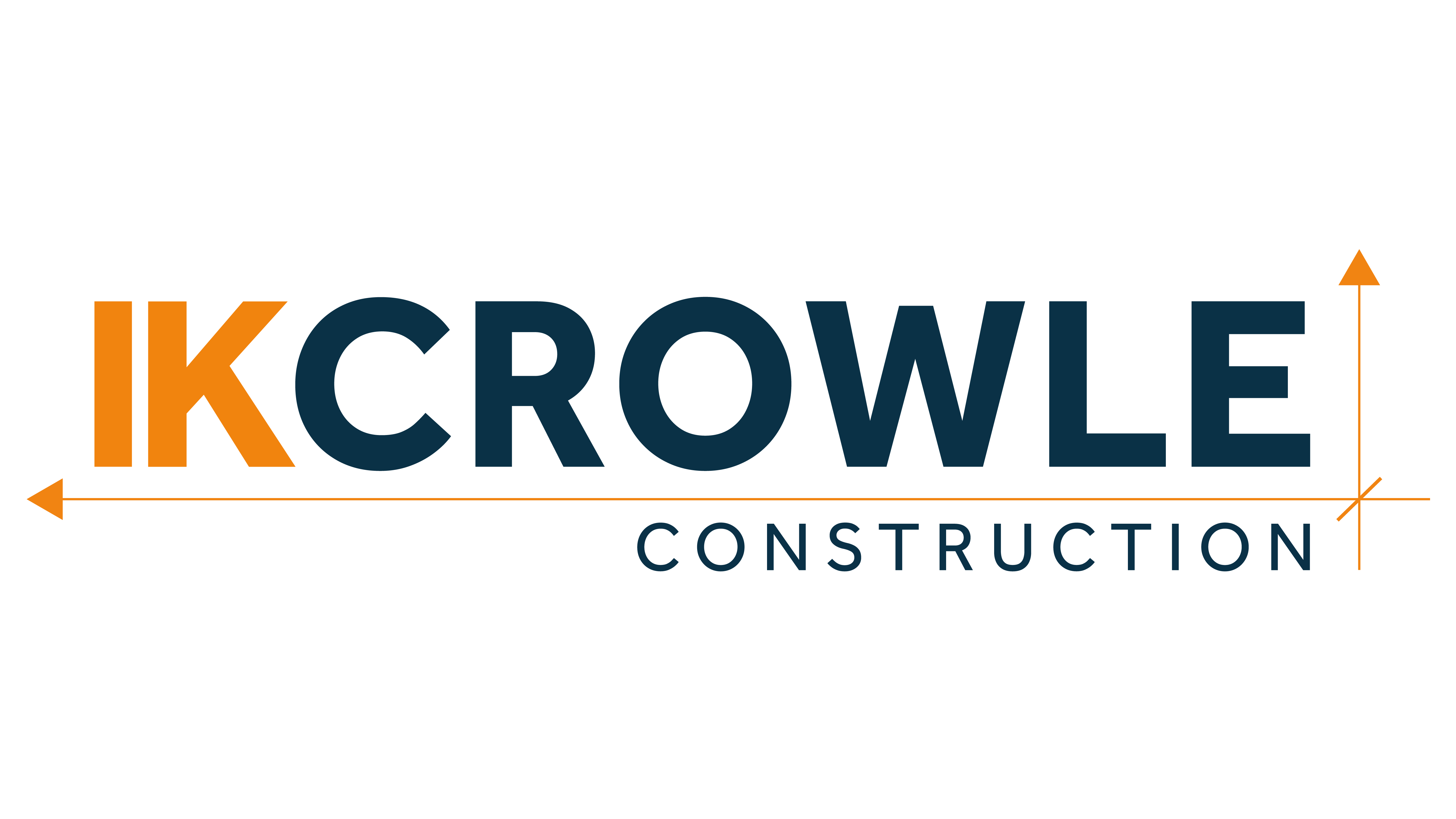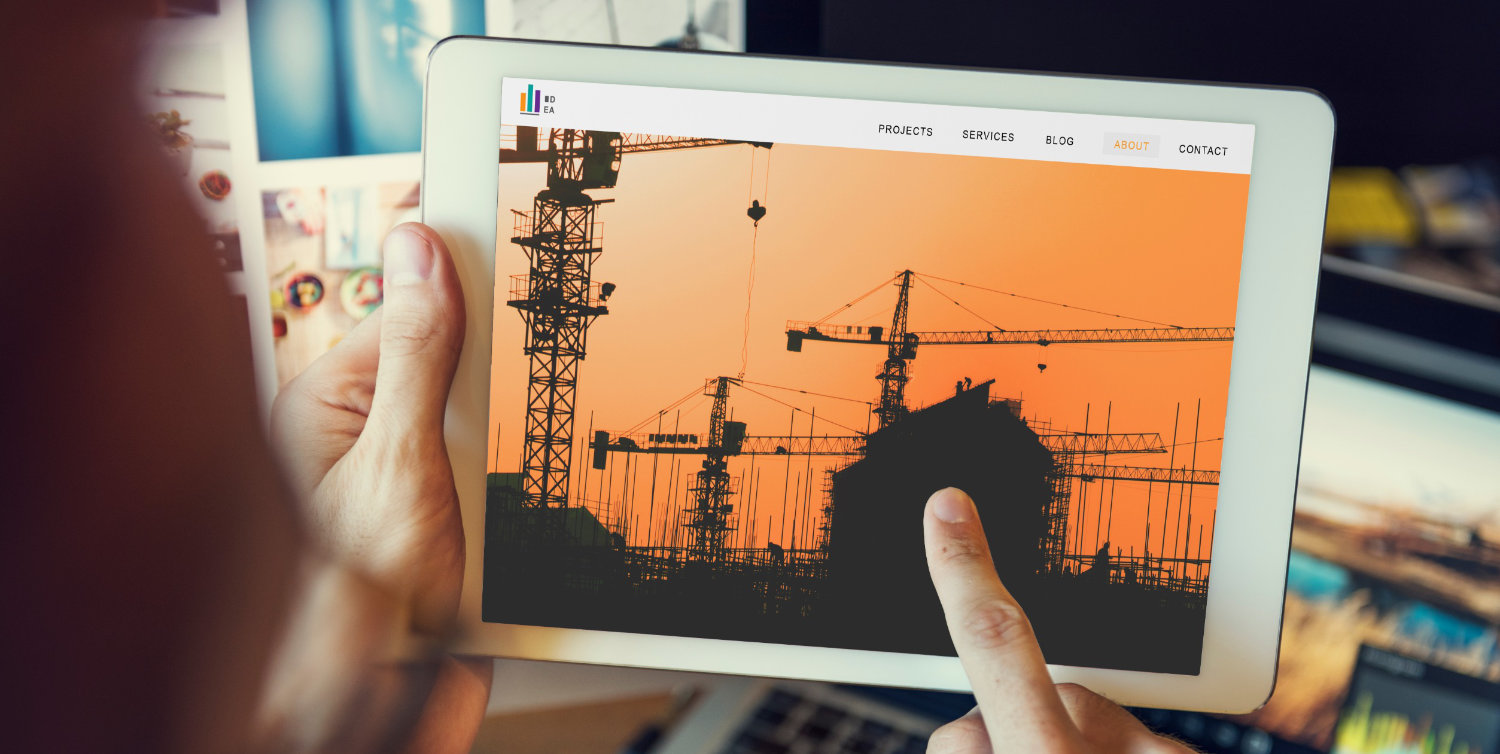The construction industry is experiencing a technological revolution that is reshaping the way projects are designed, executed, and managed. From digital collaboration tools to advanced robotics and artificial intelligence, technology is playing a vital role in enhancing efficiency, safety, and sustainability in construction. In this blog post, we will explore the key advancements in construction technology and their impact on the industry. By embracing these innovations, construction companies can streamline processes, deliver projects more effectively, and meet the evolving needs of clients in the digital age.
- Building Information Modelling (BIM): BIM has revolutionised the construction industry by enabling comprehensive digital representations of buildings and infrastructure projects. Through BIM software, architects, engineers, and contractors can collaborate in real-time, sharing and updating project data seamlessly. This technology allows for better visualisation, clash detection, and accurate cost estimation, reducing errors and rework. Additionally, BIM facilitates sustainability analysis, allowing stakeholders to optimise energy efficiency, material usage, and environmental impact. The adoption of BIM streamlines the entire project lifecycle, from design and construction to maintenance and facility management, resulting in improved project outcomes and reduced costs.
- Robotics and Automation: Robotic technologies have significantly impacted construction by automating labor-intensive tasks, improving productivity, and enhancing safety. Construction robots can perform repetitive or hazardous activities with precision and efficiency, reducing the risk of injuries to workers. Robotic systems, such as bricklaying robots or autonomous drones, enable faster construction processes, accurate measurements, and quality control. Moreover, 3D printing technology is revolutionising the construction industry by enabling the fabrication of complex structures in a fraction of the time and cost compared to traditional methods. These advancements in robotics and automation are transforming construction practices, enabling projects to be completed more rapidly and with higher precision.
- Internet of Things (IoT) and Smart Construction: The Internet of Things (IoT) has opened up new possibilities in construction through interconnected devices and sensors. IoT applications in construction include real-time monitoring of equipment, materials, and environmental conditions. Smart sensors embedded in structures can provide valuable data on structural health, energy usage, and occupancy patterns, allowing for predictive maintenance and optimised energy management. Wearable technologies enhance safety on construction sites by monitoring worker conditions and detecting potential hazards. Additionally, IoT enables remote project monitoring and management, facilitating better communication and coordination among teams. The integration of IoT in construction brings efficiency, safety, and sustainability to the forefront, enabling the industry to operate more intelligently.
- Virtual and Augmented Reality (VR/AR): Virtual and augmented reality technologies are transforming the way construction projects are visualised, planned, and presented. VR allows stakeholders to experience immersive virtual walkthroughs of buildings before construction, aiding in design review and client engagement. AR overlays digital information onto the real world, enabling on-site workers to access real-time project data, visualise hidden infrastructure, and improve accuracy in installations. These technologies enhance communication, coordination, and decision-making, reducing errors and rework. Additionally, VR/AR can be utilised for training purposes, simulating hazardous scenarios and providing a safe environment for learning. The integration of VR/AR in construction brings unprecedented levels of visualisation, collaboration, and efficiency to the industry.
Technology has become an integral part of modern construction, revolutionising processes and enhancing project outcomes. From BIM and robotics to IoT and VR/AR, these advancements are reshaping the construction industry, driving efficiency, safety, and sustainability. Embracing these technologies allows construction companies to stay competitive, streamline operations, and meet the evolving needs of clients. As the industry continues to evolve, it is crucial for

